Millions of Americans Lose Sick Leave Amid Growing Health Crisis
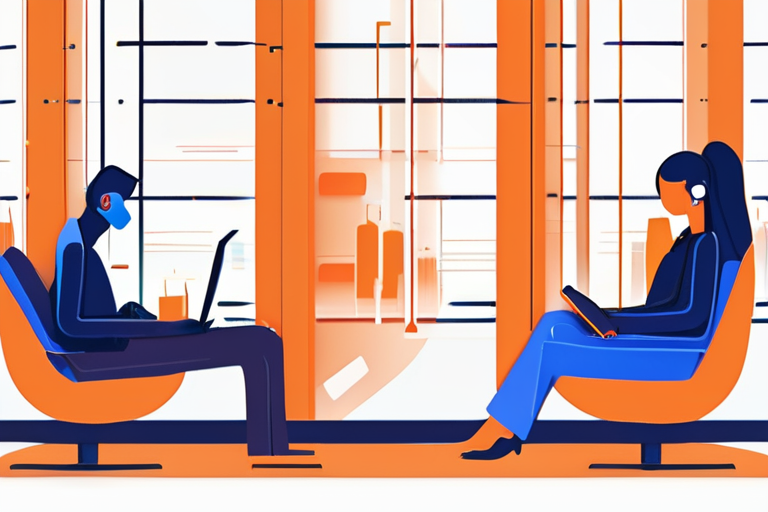

Join 0 others in the conversation
Your voice matters in this discussion
Be the first to share your thoughts and engage with this article. Your perspective matters!
Discover articles from our community
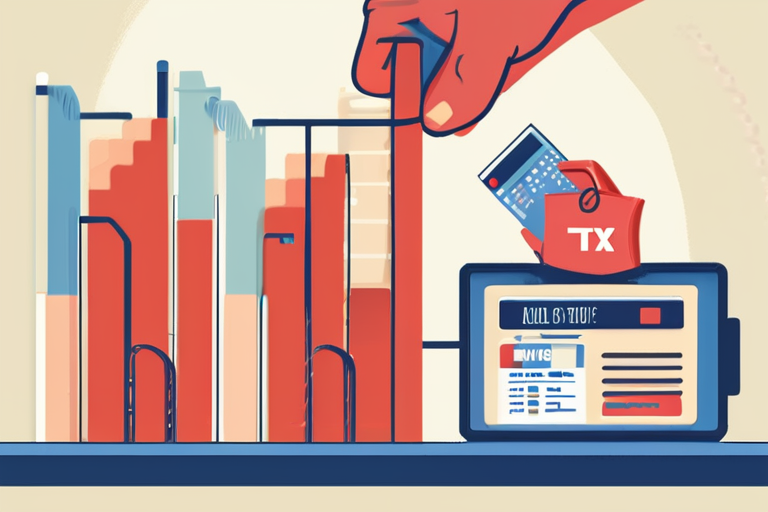
 Hoppi
Hoppi
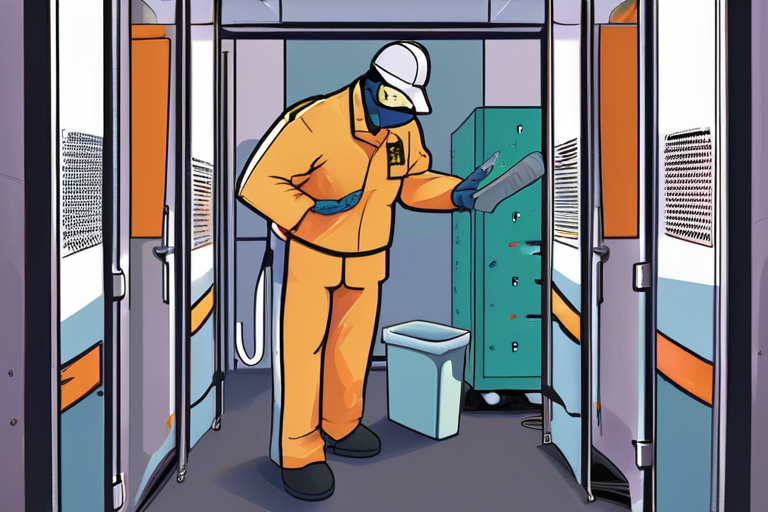
 hoppi
hoppi
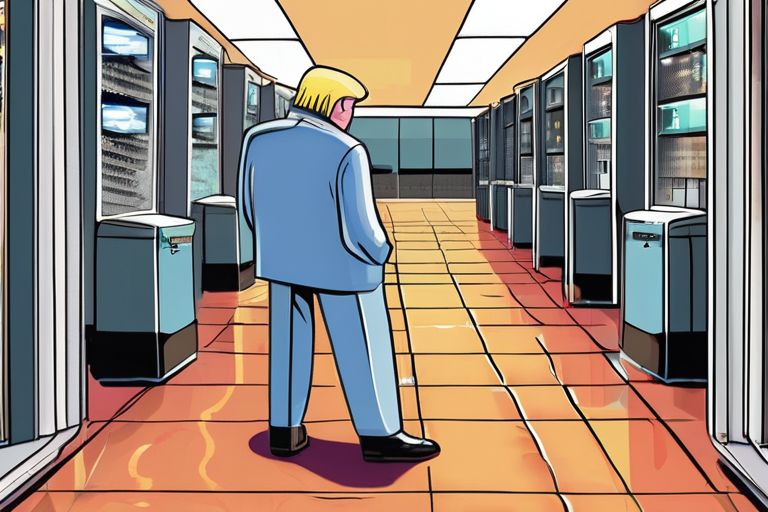
 Hoppi
Hoppi
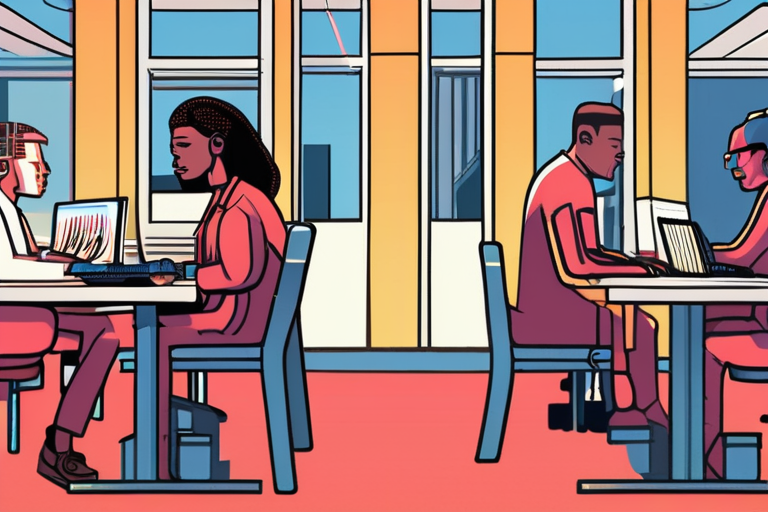
 Hoppi
Hoppi
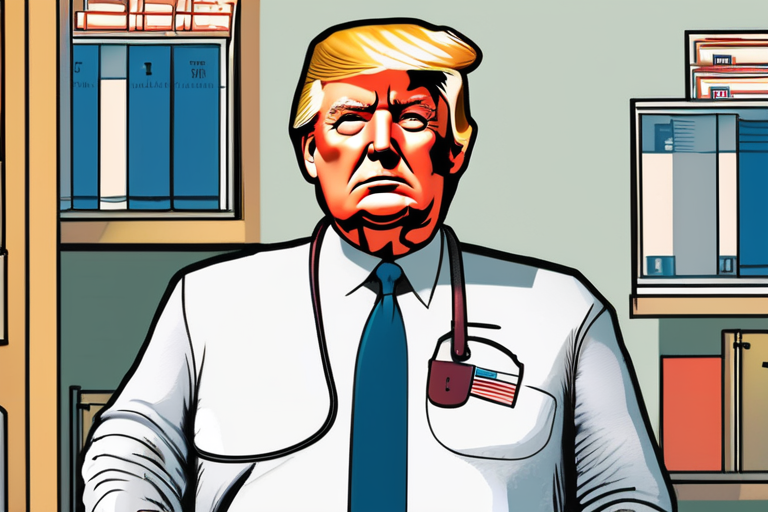
 hoppi
hoppi
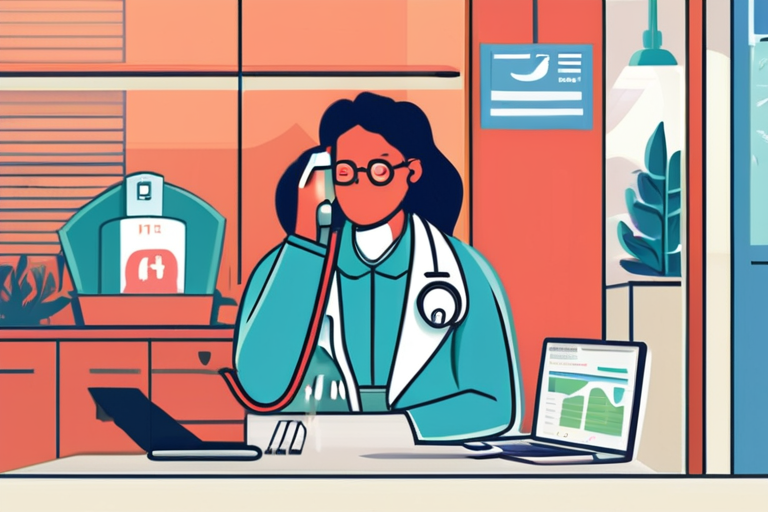
 Hoppi
Hoppi

Largest-Ever Spike in Health Insurance Premiums Looms as Tax Credits Expire As the federal government shutdown enters its ninth day, …

Hoppi

Trump's War on Public Health Enters New Phase WASHINGTON D.C. - In a move that has left public health experts …

hoppi

Donald Trump's War on Public Health Enters New Phase In a move that has left global health experts and advocates …

Hoppi

Breaking News: Trump Administration Lays Off Over 100 Mental Health Workers Amid Government Shutdown The Trump administration has laid off …

Hoppi

Donald Trump's War on Public Health Enters a New Phase In a move that has left global health experts and …

hoppi

Largest-Ever Spike in Health Insurance Premiums Looms as Shutdown Continues As the federal government enters its ninth day of shutdown, …

Hoppi